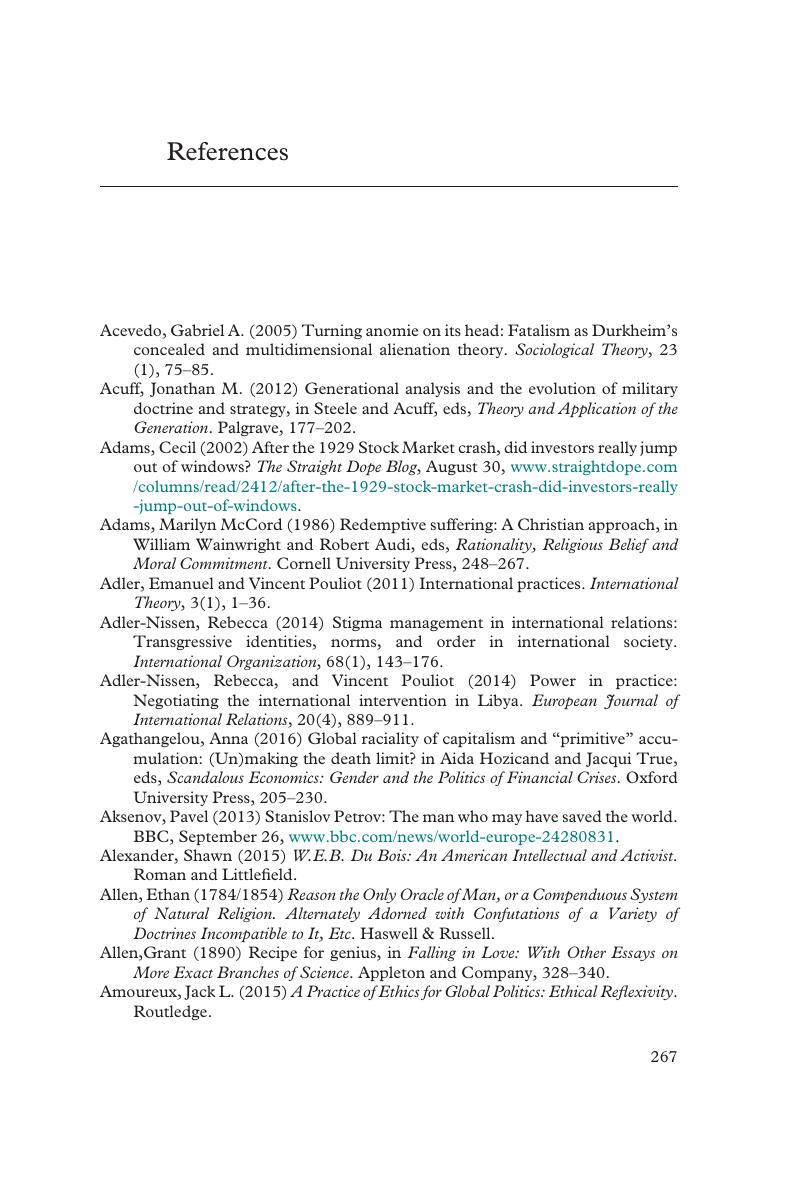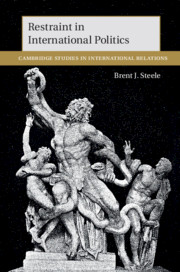Book contents
- Restraint in International Politics
- Cambridge Studies in International Relations: 151
- Restraint in International Politics
- Copyright page
- Dedication
- Contents
- Figures and Tables
- Acknowledgments
- Introduction
- 1 Restraint Appraised
- 2 Restraint and Actionism in Global Politics
- 3 The Historical (Ab)uses of Restraint
- 4 Democratic Restraint, Democratic Libido
- 5 Restraint, Anti-Climax, and Insecurity
- 6 Restraining Those Who Can’t Restrain Themselves
- Conclusion: Towards a Strategic Narrative of Restraint
- References
- Index
- Cambridge Studies in International Relations
- References
References
Published online by Cambridge University Press: 25 October 2019
- Restraint in International Politics
- Cambridge Studies in International Relations: 151
- Restraint in International Politics
- Copyright page
- Dedication
- Contents
- Figures and Tables
- Acknowledgments
- Introduction
- 1 Restraint Appraised
- 2 Restraint and Actionism in Global Politics
- 3 The Historical (Ab)uses of Restraint
- 4 Democratic Restraint, Democratic Libido
- 5 Restraint, Anti-Climax, and Insecurity
- 6 Restraining Those Who Can’t Restrain Themselves
- Conclusion: Towards a Strategic Narrative of Restraint
- References
- Index
- Cambridge Studies in International Relations
- References
Summary

- Type
- Chapter
- Information
- Restraint in International Politics , pp. 267 - 291Publisher: Cambridge University PressPrint publication year: 2019

